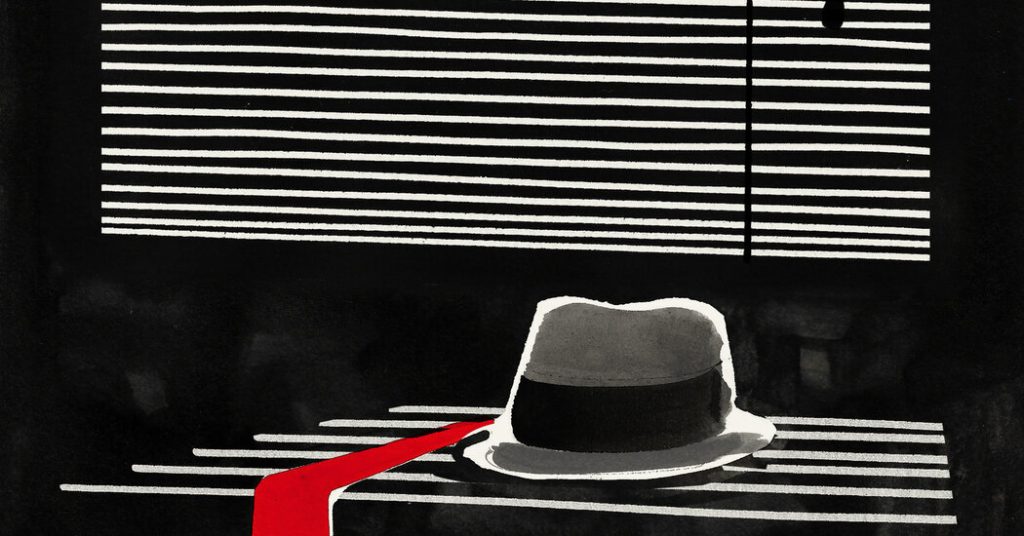Mr. Trump’s audacious embrace of a criminal persona defies conventional wisdom as he faces multiple indictments. Drawing comparisons to infamous gangster Al Capone, Trump is attempting to sanitize his lawbreaking by adopting the guise of a vigilante hero. By framing his legal troubles as a subversive attempt to preserve order and peace, he aims to transform himself into a folk hero. This strategy seems to be strategic, as it is unlikely that a criminal conviction will derail his candidacy, given the resilience he has shown in the face of previous scandals. With repeated references to Al Capone, Trump’s mug shot becomes his message, appealing to a narrative that resonates with certain segments of American society.
The appeal of gangster fables, as highlighted by critic Robert Warshow, lies in their portrayal of the dark underbelly of American life. The gangster is seen as a tragic hero, embodying a rejection of the demands of modern life. This archetype speaks to a part of the American psyche that rebels against societal norms and authority. In the context of today’s political landscape, these fables resonate with Republican voters who view themselves as underdogs fighting against a corrupt establishment. The gangster’s portrayal as a figure of immigrant assimilation and success, mixed with anti-immigrant sentiment, taps into the anxieties and aspirations of many conservative voters.
Mr. Trump’s adoption of the gangster persona plays into the narrative of the crook as a heroic figure in American culture. When the state is perceived as corrupt and oppressive, the crook becomes a symbol of resistance against an unjust system. Trump’s strategy of positioning himself as a modern-day outlaw resonates with the idea that everyone is corrupt, so it’s acceptable to flout the law and game the system. This cynicism is shared by right-wing populists, who view themselves as outsiders battling against a corrupt political elite. By painting himself as a rebel against a broken system, Trump appeals to a segment of the population that is disillusioned with traditional politics.
The comparison between Trump and Capone highlights the enduring allure of the outlaw figure in American society. Capone, despite his criminal activities, was able to cultivate a image of celebrity and bravery that captured the public’s imagination. Similarly, Trump’s ability to portray himself as a maverick challenging the status quo has garnered him a loyal following. The myth of the outlaw as a hero who flouts authority and fights for justice resonates with a certain segment of American culture that is drawn to narratives of rebellion and defiance. Trump’s willingness to embrace the role of the unconventional leader sets him apart from traditional politicians and endears him to a base that feels marginalized and disenfranchised.
In conclusion, Trump’s adoption of the criminal persona as a political strategy taps into deep-seated myths and narratives in American culture. By positioning himself as a modern-day outlaw fighting against a corrupt system, he is able to appeal to supporters who view themselves as underdogs in a rigged political game. The comparison to historical figures like Al Capone underscores the enduring appeal of the gangster archetype in American society and highlights the complex relationship between criminality, power, and public perception. Trump’s ability to shape his narrative and present himself as a maverick challenging the establishment is a key factor in his political success and the fervent loyalty of his base.


